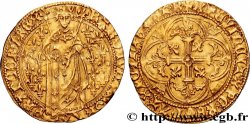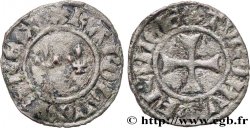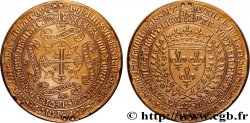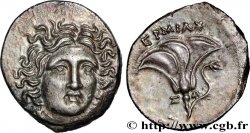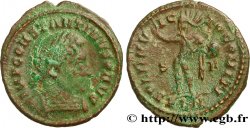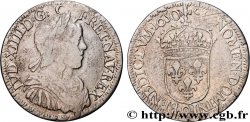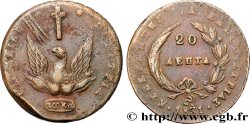fme_860801 - CHARLES VII "THE WELL SERVED" Médaille, Salut d’or, reproduction, n°207
100.00 €
Количество
Добавить в корзину

Тип Médaille, Salut d’or, reproduction, n°207
Дата: 1972
Монетный двор / Город: Paris
Количество отчеканенных монет: 500
Металл: copper
Диаметр: 57 mm
Ориентация осей монеты: 12 h.
Вес: 74,70 g.
Век: lisse + corne CUIVRE + 1972 + N°207/500
Пуансон: corne CUIVRE
Комментарии о состоянии
Patine hétérogène. Présence de quelques rayures
Лицевая сторона
Аверс: легенда: KAROLVS: DEI; GRACIA; FRANCORV: REX.
Аверс: описание: Archange Gabriel debout devant la Vierge Marie ; ils tiennent un rouleau de parchemin portant le mot AVE ; entre eux, l’écu de France couronné ; au-dessus, les rayons du soleil tombant jusqu’au parchemin.
Обратная сторона
Реверс: легенда: + XPC* VINCIT* XPC’* REGNAT* XPC* INPERAT.
Реверс: Описание: Croix latine plaine accostée de deux lis, sous laquelle est la lettre K dans un polylobe fleurdelisé.
Комментарий
Médaille dans sa boîte cartonnée bleue de la Monnaie de Paris
Pièce extrêmement rare, deux exemplaires sont connus d’après le Duplessy, dont un exemplaire frappé à Tournai conservé au Cabinet des Médailles
Notons que cet exemplaire présente un point 18e (sous la 18e lettre dans la légende) spécifique à Paris, or, le Salut d’or de Charles VII n’aurait été fabriqué qu’à Tournai et Beauvais.
Medal in its blue cardboard box from the Paris Mint Extremely rare piece, two examples are known according to Duplessy, including one example struck in Tournai kept in the Cabinet des Médailles Note that this example has an 18th point (under the 18th letter in the legend) specific to Paris, however, the Golden Salute of Charles VII would only have been manufactured in Tournai and Beauvais
Pièce extrêmement rare, deux exemplaires sont connus d’après le Duplessy, dont un exemplaire frappé à Tournai conservé au Cabinet des Médailles
Notons que cet exemplaire présente un point 18e (sous la 18e lettre dans la légende) spécifique à Paris, or, le Salut d’or de Charles VII n’aurait été fabriqué qu’à Tournai et Beauvais.
Medal in its blue cardboard box from the Paris Mint Extremely rare piece, two examples are known according to Duplessy, including one example struck in Tournai kept in the Cabinet des Médailles Note that this example has an 18th point (under the 18th letter in the legend) specific to Paris, however, the Golden Salute of Charles VII would only have been manufactured in Tournai and Beauvais







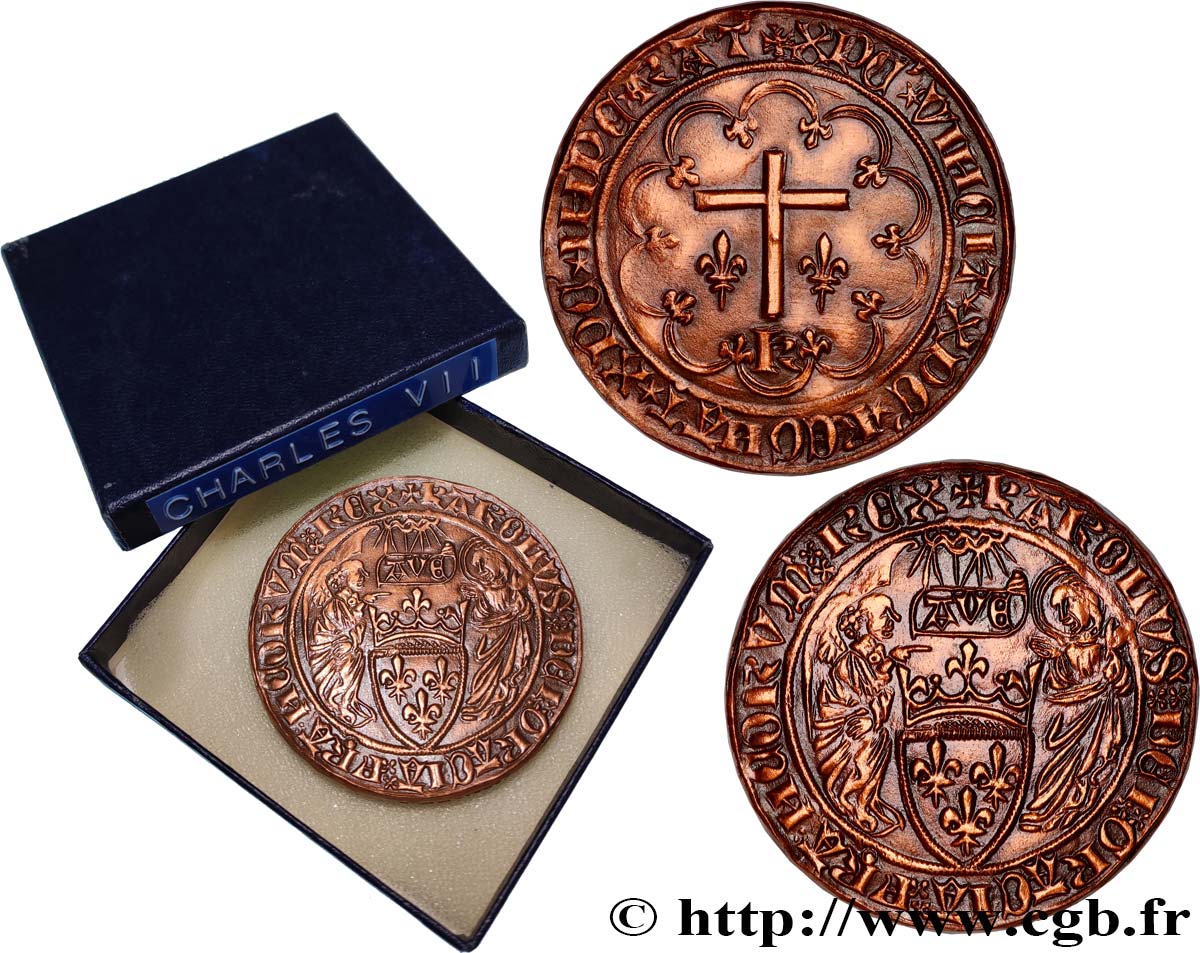
 Cообщить об ошибке
Cообщить об ошибке Распечатать страницу
Распечатать страницу Отправить мой выбор
Отправить мой выбор Задать вопрос
Задать вопрос Consign / sell
Consign / sell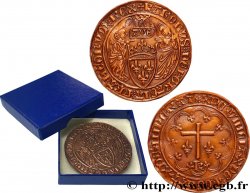
 Информация
Информация